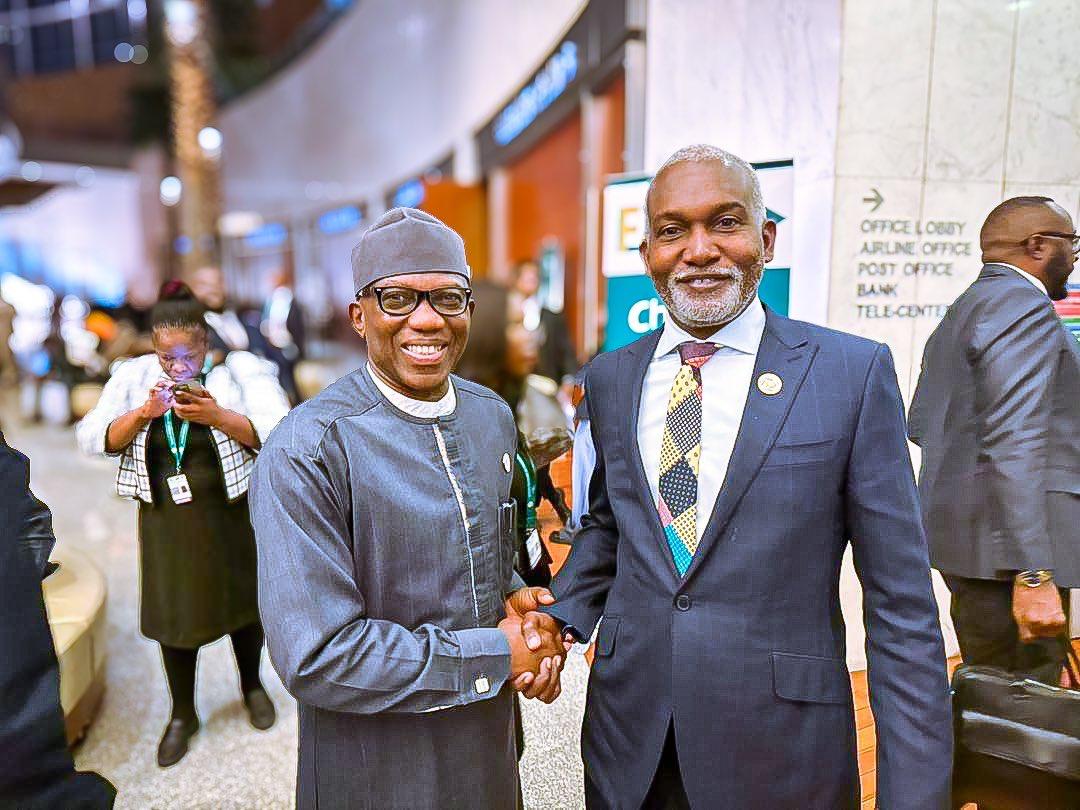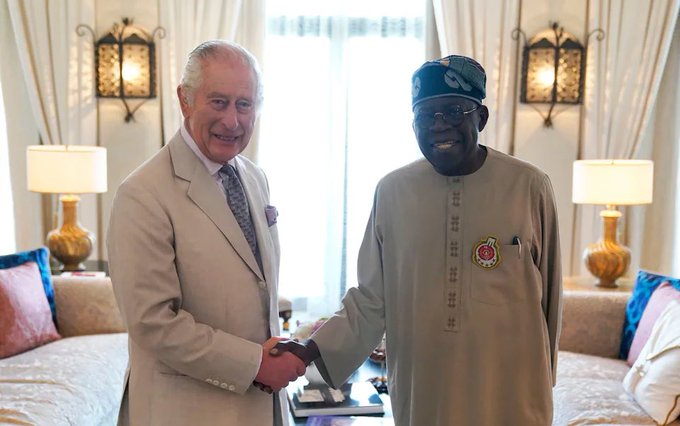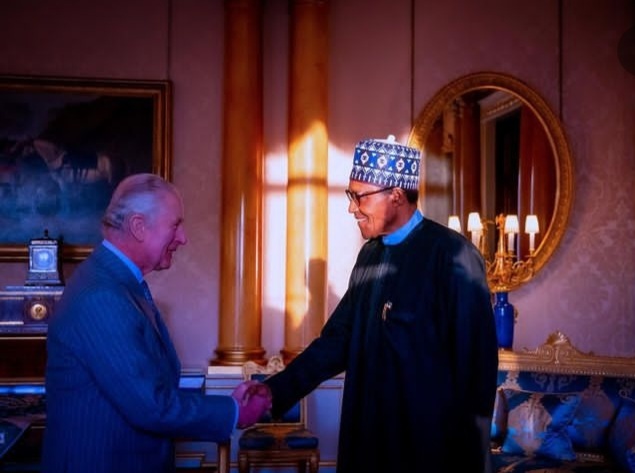Cultural Diplomacy: Paving The Way For National Development
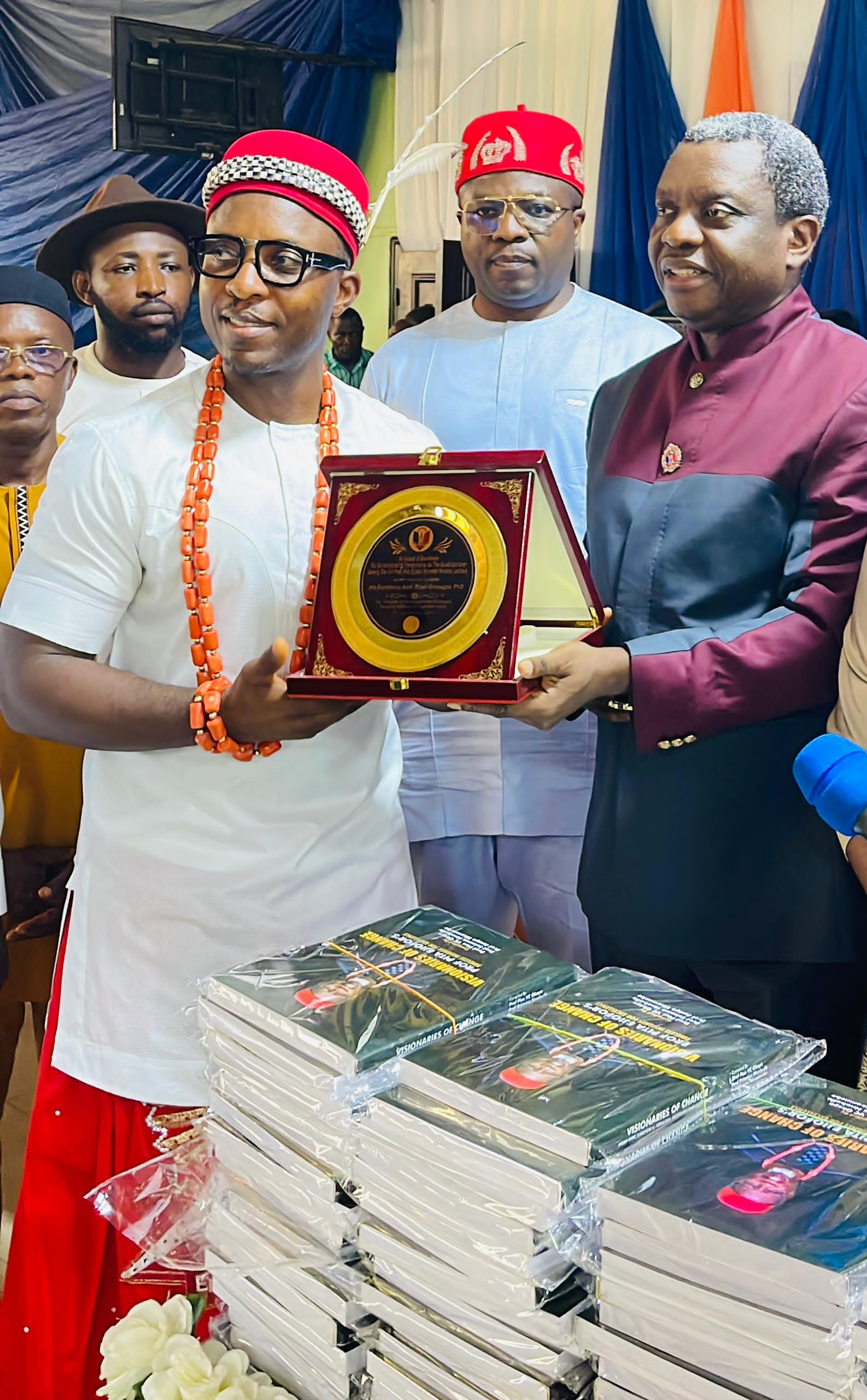
DIPLOMACY & DIPLOMATIC PRACTICE
The word diplomacy originally came from the ancient Greek term δίπλωμα (a paper folded double, a licence, a chart), referring to a document allowing someone to travel or to have privileges. From the term δίπλωμα we later had the Latin term diploma (a state paper, an official document)(https://www.cyber-diplomacy-toolbox.com/Diplomacy.html)
This reflected the practice of sovereigns providing a folded document to confer some official privilege; prior to the invention of the envelope, folding a document served to protect the privacy of its content. The term was later applied to all official documents, such as those containing agreements between governments, and thus became identified with international relations.
Many researchers in International relations have mentioned the concept of diplomacy in their own works. Ernest Mason Satow, a German diplomat born in England, expresses his theory of diplomacy as follows:
The peaceful conduct of relations between states is called diplomacy. In this, diplomatic functions must be complete (Barratt 1985).
Hedley Bull, originally from Australia, Professor of International Relations, explains diplomacy as follows: “The conduct of relations between states and other entities involved in world politics through official policies and peaceful means” (Bull 1932). Another important view on diplomacy theory was expressed by the US diplomat and politician Henry Kissinger. Henry Kissinger expressed diplomacy as follows: “Diplomacy is a new world order and modern diplomacy is the balance of power between the forces of war and peace.”
More closely; Diplomacy is the art, the science, and the means by which nations, groups, or individuals conduct their affairs, in ways to safeguard their interests and promote their political, economic, cultural relations, while maintaining peaceful relationships. Any citations to this
As a diplomat, I have also coined my personal definition of diplomacy based on my experience and practice as the “Act of making relationships work”
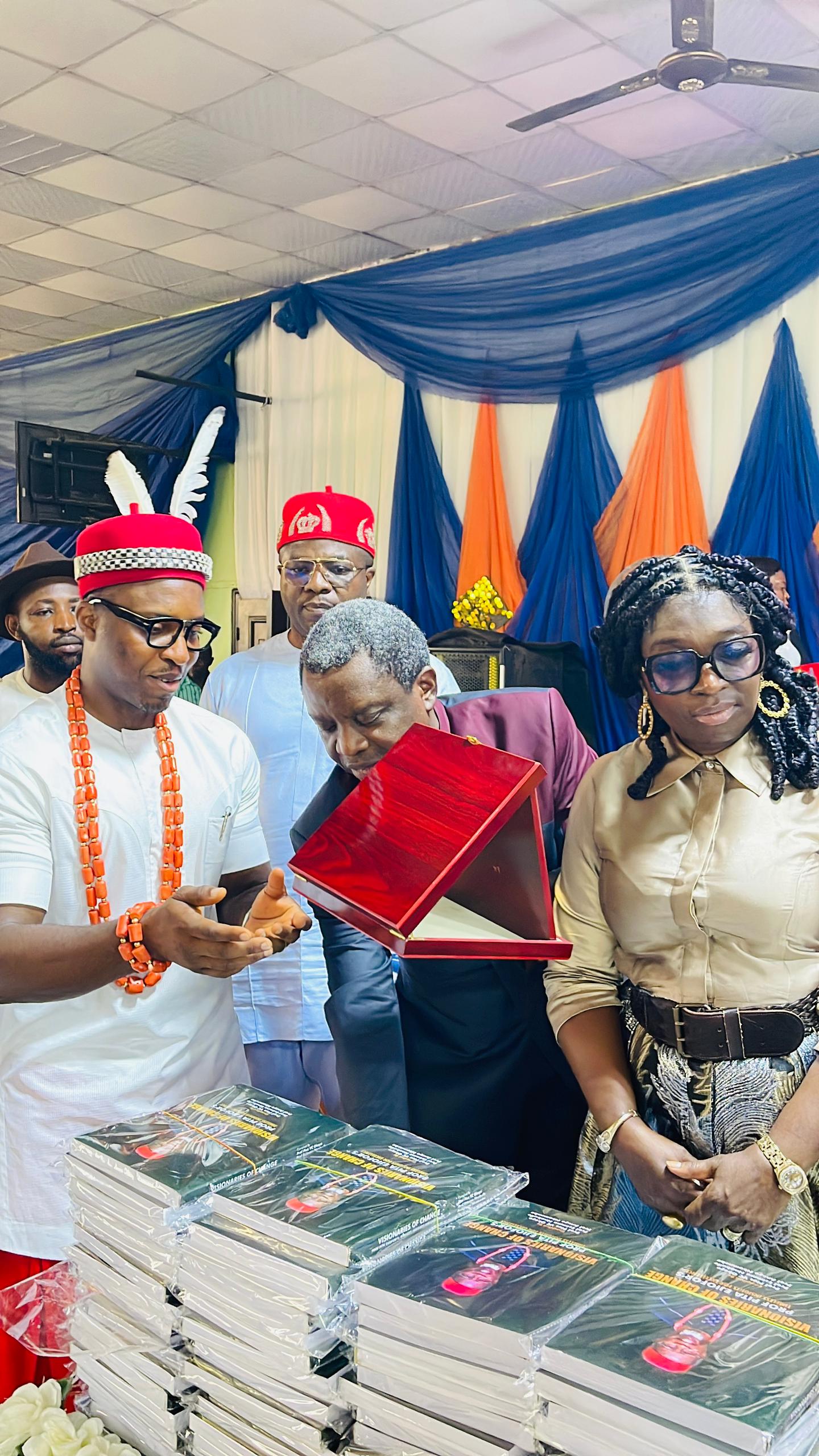
Nigeria is a signatory to the Geneva Convention and maintains 109 diplomatic missions abroad while hosting about 130. Ambassadors/High Commissioners head diplomatic missions
TYPES OF BILATERAL RELATIONSHIPS BETWEEN COUNTRIES
There are various types of diplomacy that countries employ to manage their international relations and pursue their interests. Here are some of the major types of diplomacy:
1. Bilateral Diplomacy: Bilateral diplomacy refers to the direct relations and negotiations between two countries. It involves the exchange of ambassadors, diplomatic visits, and negotiations on specific issues of mutual interest.
2. Multilateral Diplomacy: Multilateral diplomacy involves the engagement and cooperation of multiple countries or international organisations on a particular issue or within a specific framework. Examples include the United Nations, regional organisations like the European Union, and international conferences where countries come together to address common global challenges, ECOWAS, AU with AFCTA
3. Public Diplomacy: Public diplomacy aims to promote a country’s image, values, and policies directly to foreign publics. It involves engaging with foreign people through cultural events, educational exchanges, media campaigns, and digital platforms to shape public opinion, build relationships, and foster understanding.
4. Cultural Diplomacy: Cultural diplomacy focuses on promoting cultural exchange, understanding, and cooperation between nations. It utilises cultural events, art exhibitions, academic exchanges, and showcasing a country’s cultural heritage to build relationships

CULTURAL DIPLOMACY; ITS PRINCIPLES & APPROACH
In a multiracial and interconnected world, the relationship between cultures and civilizations has become increasingly prominent. Governments, institutions, and individuals are recognizing the significance of cultural understanding and collaboration to foster peace, promote global cooperation, and strengthen ties between communities. This has given rise to the concept of cultural diplomacy.
Cultural diplomacy according to Milton Cummings is the “exchange of ideas, information, art, language and other aspects of culture among nations and peoples in order to foster mutual understanding” Despite being a long-term practice of cultural relations at State level in different forms, the term “cultural diplomacy” has only recently been established. Building on the notion of “soft power”, coined in the 1980’s by Joseph Nye, Milton Cummings proposed a definition of cultural diplomacy being the “exchange of ideas, information, art, language and other aspects of culture among nations and peoples in order to foster mutual understanding”. Cummings expressed cultural diplomacy in this way:
“It is the transfer of a state’s own traditions, customs, language, religion, history and art to people in other countries.”
Cultural diplomacy involves the active promotion and facilitation of exchange of ideas, values, traditions, and other aspects of culture or identity between nations and societies. It encompasses artistic, musical, literature, culinary, and additional cultural expressions to fortify relationships, enhance socio-cultural cooperation, and promote national interests. Cultural diplomacy can be practised by the public and private sectors as well as civil society to advance global collaboration through the sharing of cultural values and traditions to engender empathy, acceptance, and mutual respect. It recognizes that culture plays a significant role in shaping national identities, and by leveraging cultural resources, countries can achieve their national development goals. Cultural diplomacy goes beyond traditional diplomatic efforts and focuses on fostering people-to-people connections, promoting cultural exchange programs, and showcasing a nation’s heritage, arts, language, and values to the international community.
It involves leveraging a country’s cultural assets, such as art, music, literature, education, entertainment, fashion, and arts, to build bridges with other nations and promote mutual understanding. This presentation explores the role of cultural diplomacy in paving the way for national development, highlighting its benefits, strategies, and examples, while delving deeper into its significance in today’s interconnected world.
John Lenczowski categorises several instruments of cultural diplomacy, including the arts, exhibitions, exchanges, educational programmes, literature, language teaching, broadcasting, gifts, promotion of ideas (like rule of law), promotion of social policy (like campaigns against HIV), history and religious diplomacy (like interfaith dialogue). Cultural diplomacy has become one of the leading foreign policy tools of states that want to improve their image and increase their prestige in the international arena.
Should I provide a relatable context to this such as how Hollywood has influenced cultures across the globe improving admiration and respect for America and the search for American goods or use the Influence of Nollywood in Africa or would you rather provide them as you speak?
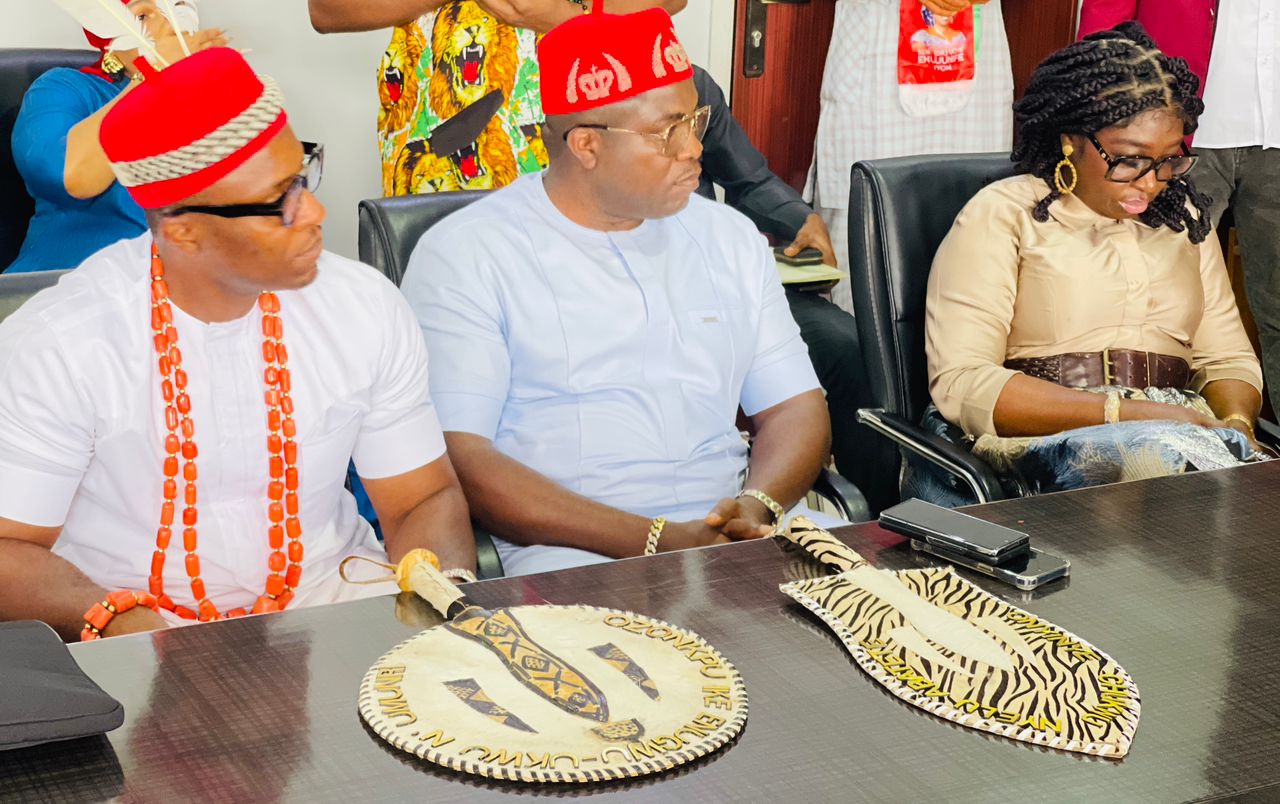
Summarily; Cultural diplomacy refers to the use of cultural exchanges, interactions, and initiatives to enhance understanding, build relationships, and promote goodwill between nations or communities. Here are some common approaches to cultural diplomacy:
1. Cultural Exchanges: This involves facilitating the exchange of artists, musicians, dancers, writers, and other cultural representatives between countries. These exchanges allow people from different cultures to interact, share their perspectives and experiences, and foster mutual understanding. An example should suffice
2. Cultural Festivals and Exhibitions: Organising cultural festivals, art exhibitions, film screenings, fashion shows, and other events can showcase a country’s cultural heritage to international audiences. These events provide opportunities for cultural dialogue, facilitate people-to-people connections, and promote a positive image of a nation. Felabration held September each year might suffice. Sporting events have also become an opportunity to showcase cultural events. At the opening and closing ceremony recently concluded All African Games in Cote d’Ivoire the Ivorian culture was projected. Every country hosting a sporting event showcase their culture to the millions of viewers in search for cultural admiration and its benefits
3. Language Instruction and Education: Promoting the learning of a country’s language and culture can foster greater understanding and appreciation. Offering language courses, scholarships, and cultural exchange programs can enhance cross-cultural communication and relationship building. Just like the Chinese are now offering Chinese language classes in many tertiary institutions in Nigeria.
4. Sports and Games: Organising international sports events, such as the Olympics or the World Cup, can promote cultural exchanges and forge connections between nations. Sports diplomacy can be used as a platform to bridge cultural gaps, build relationships, and promote dialogue. Cool, already added something to it in item 2
5. Cultural Diplomacy through Media: Utilising media platforms like television, radio, film, and the internet can help to disseminate a nation’s cultural products, stories, and values. It can enhance cultural understanding, challenge stereotypes, and create opportunities for engagement and dialogue. One of the many reasons why NTA was created and still exists. No media can tell your own story more than the indigenous media organisations peculiar to that culture and biased to it
6. Cultural Heritage Preservation: Collaborating on projects related to the preservation and restoration of cultural heritage sites, monuments, and traditions can strengthen cultural diplomacy efforts. These projects can encourage cooperation, mutual respect, and appreciation for shared cultural legacies.
7. Cultural Entrepreneurship and Creative Industries: Supporting cultural entrepreneurship, creative industries, and cultural innovation can foster economic development and promote cultural diplomacy. Cultural entrepreneurs can act as ambassadors, showcasing their country’s cultural products and forging international collaborations.
8. Scholarly and Intellectual Exchanges: Encouraging academic and intellectual exchanges through conferences, research collaborations, and scholarly programs can facilitate cultural diplomacy. Sharing knowledge, research, and ideas can contribute to a deeper understanding of different cultures and foster intellectual dialogue. I think we have such example with Nigeria and Africa and China and Nigeria
Ps: It’s important to note that cultural diplomacy should always aim to be inclusive, respectful, and promote mutual exchange rather than enforcing dominance or imposing cultural values.

OBJECTIVES OF CULTURAL DIPLOMACY
The objectives of cultural diplomacy vary based on the goals and priorities of countries and organisations involved. However, a few common objectives of cultural diplomacy include:
1. Promoting Mutual Understanding: Cultural diplomacy aims to foster mutual understanding, appreciation, and respect for different cultures, traditions, and values. It helps bridge cultural gaps, reduce misunderstandings, and build stronger relationships between nations.
2. Building Positive International Image: Cultural diplomacy serves as a tool for nations to showcase their cultural heritage, artistic expressions, and intellectual achievements. By highlighting a country’s positive aspects, cultural diplomacy aims to enhance its international image and influence.
3. Facilitating People-to-People Exchange: Cultural diplomacy encourages direct people-to-people interactions, exchanges, and collaborations. This includes cultural performances, artistic exhibitions, educational programs, and various cultural activities that can facilitate dialogue and build lasting personal connections.
4. Promoting Economic Interests: Cultural diplomacy can also have economic objectives, such as attracting tourists, promoting cultural industries (e.g., film, music, fashion), and supporting economic partnerships. Cultural events and initiatives can generate economic benefits for participating countries or regions. Can we expand on this as I think economic objectives is the major aim of diplomacy
5. Strengthening Diplomatic Relationships: Cultural diplomacy plays a role in strengthening diplomatic ties between nations. By showcasing cultural assets, countries can create goodwill and improve diplomatic relationships, enhancing cooperation and collaboration in various areas beyond cultural exchange.
6. Addressing Global Issues: Cultural diplomacy can address global challenges, such as promoting human rights, social justice, gender equality, and environmental sustainability. Cultural exchange can be a platform to raise awareness and stimulate dialogue on important global issues.

ROLES OF CULTURAL DIPLOMACY
Cultural diplomacy plays several important roles in international relations. Here are some key roles of cultural diplomacy:
1. Bridge Builder: Cultural diplomacy acts as a bridge between different cultures, societies, and nations. It helps promote dialogue, understanding, and reconciliation, bridging gaps caused by differing values, beliefs, and customs. By showcasing diversity and fostering respect, cultural diplomacy promotes peaceful coexistence and cooperation.
2. Soft Power Tool: Cultural diplomacy is often seen as a form of soft power, allowing countries to exert influence through attractiveness, values, and cultural elements. By promoting their cultural assets, countries can enhance their international reputation, appeal, and influence, gaining a favourable image and increasing their soft power capabilities.
3. Public Diplomacy: Cultural diplomacy is a vital component of public diplomacy, which aims to engage with foreign publics directly. Cultural activities, exchanges, and initiatives create opportunities to communicate a country’s values, aspirations, and ideas to international audiences. This helps shape perceptions, build relationships, and promote positive views of a country and its policies.
4. Cultural Exchange and Learning: Cultural diplomacy facilitates cultural exchange and learning between nations. It allows people to experience and appreciate different customs, traditions, and artistic expressions, fostering mutual understanding and appreciation. Cultural exchanges can also foster intellectual growth, collaborative problem-solving, and innovative thinking by exposing individuals to diverse perspectives.
5. Economic Development: Cultural diplomacy can contribute to economic development by promoting cultural industries, attracting tourism, and encouraging trade and investment. Cultural tourism, for instance, generates revenue and supports local economies. Cultural initiatives can also create business opportunities, promote entrepreneurship, and contribute to sustainable development.
6. Conflict Resolution and Prevention: Cultural diplomacy has the potential to contribute to conflict resolution and prevention by promoting dialogue, tolerance, and empathy. By highlighting shared cultural values, heritage, and humanity, cultural diplomacy can help bridge divides and promote peaceful coexistence, fostering a sense of common identity and purpose.
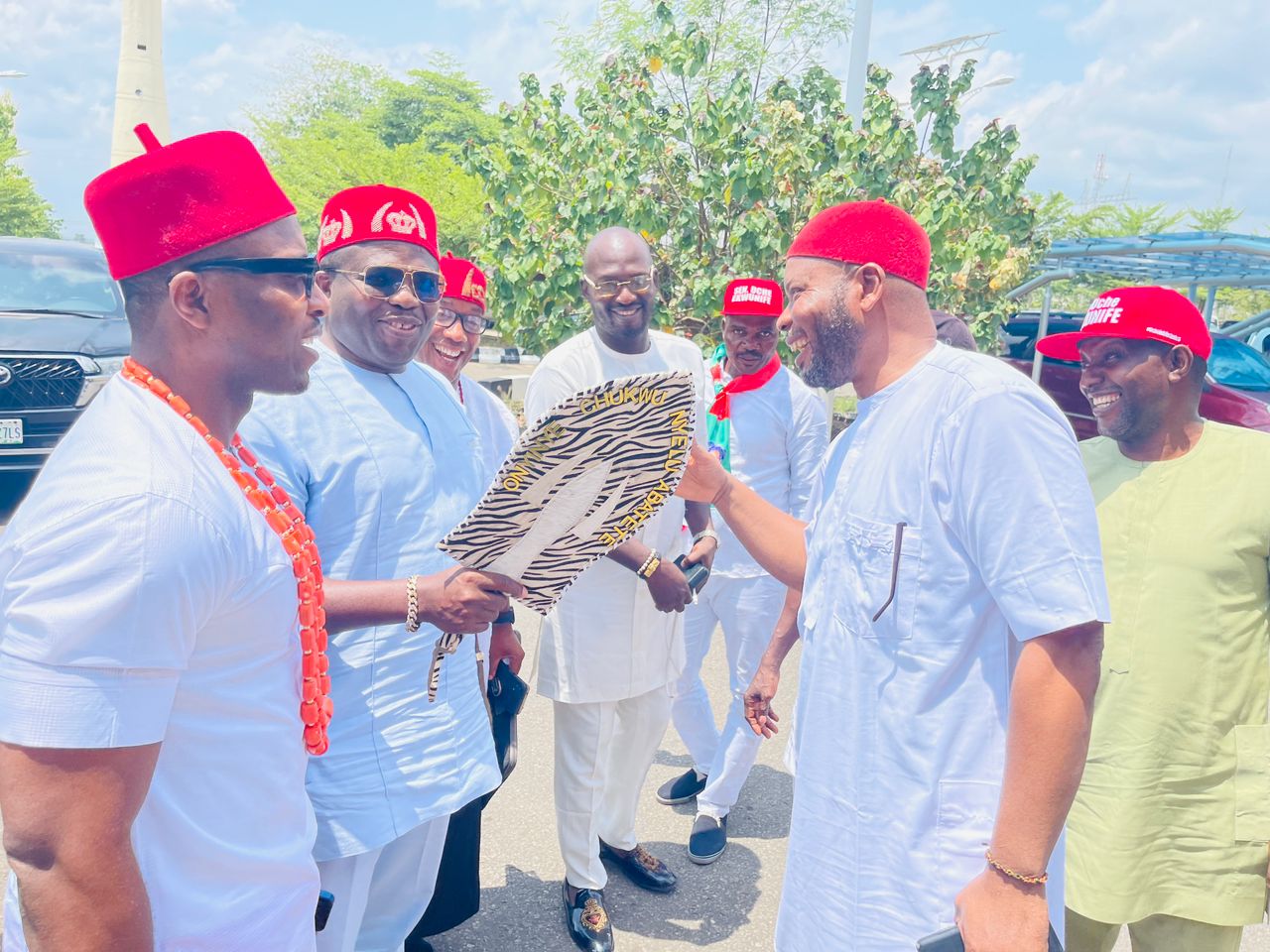
INSTRUMENTS OF CULTURAL DIPLOMACY
Cultural diplomacy employs a variety of instruments and strategies to achieve its objectives. Here are some of the key instruments and strategies used in cultural diplomacy:
1. Cultural Exchanges and Festivals: Cultural exchanges involve the reciprocal sharing of artistic performances, exhibitions, and educational programs between countries or regions. Festivals focusing on arts, music, dance, film, cuisine, and other cultural aspects serve as platforms for promoting cross-cultural understanding and dialogue.
2. Cultural Diplomats and Ambassadors: Countries often appoint cultural diplomats and ambassadors who serve as representatives to promote their cultural values, traditions, and achievements. These individuals play an important role in facilitating cultural exchange, fostering relationships, and organising cultural initiatives.
3. Educational and Scholarly Exchanges: Educational and scholarly exchanges involve promoting student mobility programs, research collaborations, and joint academic initiatives. These exchanges allow for the sharing of knowledge, research findings, and educational best practices, fostering intellectual cooperation between countries.
4. Cultural Institutes and Centers: Cultural diplomacy often relies on the establishment of cultural institutes and centres abroad. These institutes serve as hubs for cultural activities, language learning, research, and intellectual exchange. Examples include Alliance Française, British Council, and Goethe-Institut.
5. Cultural Preservation and Heritage Promotion: Cultural diplomacy includes efforts to preserve and promote a country’s cultural heritage, including tangible and intangible cultural assets. This can involve initiatives like conservation projects, heritage sites promotion, and safeguarding traditional crafts, languages, and cultural practices.
6. Cultural Entrepreneurship and Creative Industries: Cultural diplomacy leverages the economic potential of creative industries and cultural entrepreneurship. Supporting artists, musicians, designers, and other creative professionals fosters economic growth, creates employment opportunities, and promotes cultural diversity.
7. Digital and Online Platforms: Cultural diplomacy increasingly utilises digital and online platforms to reach wider audiences and engage with individuals across the globe. Virtual exhibitions, online performances, social media campaigns, and digital collaborations enable cultural exchange and dialogue, transcending geographic boundaries.
8. Collaborative Projects and Partnerships: Cultural diplomacy thrives on building collaborative projects and partnerships between countries, cultural organisations, and individuals. Joint initiatives, co-productions, and cultural partnerships promote cross-border collaboration, networking, and mutual learning.
9. Public Diplomacy Campaigns: Cultural diplomacy often integrates into broader public diplomacy campaigns aimed at promoting a country’s image, values, and policies. These campaigns utilise various media channels, including traditional media, social media, and cultural events, to reach and influence international audiences.
10. Cultural Diplomacy in Multilateral Forums: Cultural diplomacy is also employed within multilateral forums like the United Nations, UNESCO, and regional organisations. It includes advocating for cultural diversity, heritage protection, and cultural rights, as well as engaging in cultural diplomacy discussions and policies.
BENEFITS OF CULTURAL DIPLOMACY
Cultural diplomacy can bring several benefits to national development. Here are some of the key benefits:
1. Promoting National Identity: Cultural diplomacy helps showcase a nation’s unique cultural heritage, traditions, and values. By promoting and preserving its own cultural identity, a nation can strengthen its citizens’ sense of belonging, pride, and unity. This sense of national identity can contribute to social cohesion and stability, fostering a positive environment for national development.
2. Enhancing International Reputation: Cultural diplomacy plays a crucial role in shaping a country’s international reputation. By promoting its cultural assets and achievements, a nation can create a positive image and enhance its global standing. This positive reputation can attract foreign investment, boost tourism, and generate goodwill, which in turn can accelerate national development.
3. Strengthening Diplomatic Relations: Cultural diplomacy can help forge stronger diplomatic relations between nations. Cultural exchanges, collaborations, and exhibitions provide opportunities for dialogue, understanding, and cooperation. Strong diplomatic relations open avenues for economic partnerships, knowledge sharing, and technology transfer, all of which contribute to national development.
4. Attracting Tourism and Cultural Industries: Cultural diplomacy can boost the tourism industry by attracting international visitors interested in experiencing a nation’s culture, history, and traditions. This influx of tourists brings economic benefits, creates employment opportunities, and supports local businesses and industries. Additionally, cultural diplomacy can provide a platform for promoting cultural industries such as art, music, film, and literature, which can contribute to economic growth and development.
5. Fostering Innovation and Creativity: Cultural diplomacy encourages intercultural dialogue, exposure to diverse perspectives, and the exchange of ideas. This contributes to a vibrant intellectual environment that fosters innovation and creativity. By embracing different cultural influences, a nation can bring new perspectives to its arts, sciences, technology, and other fields, driving national development and competitiveness.
6. Socio-Economic Empowerment: Cultural diplomacy can empower communities and individuals by preserving and promoting local traditions and cultural practices. Emphasising and supporting cultural activities and expressions in various regions within a country can enhance socio-economic development at a grassroots level. This empowerment can lead to increased well-being, economic opportunities, and social cohesion within communities.
7. Enhances Soft Power: Cultural diplomacy is a key component of soft power, enabling nations to exert influence and attract others through cultural appeal, rather than coercion or force. This approach fosters a positive image, increasing a nation’s global reputation and influence.
8. Encourages People-to-People Diplomacy: Cultural diplomacy empowers citizens to engage in international relations, fostering grassroots connections and networks. This approach promotes a sense of global citizenship, encouraging individuals to take an active role in shaping international relations.
These benefits highlight the role of cultural diplomacy in promoting national development by enhancing national identity, attracting tourism and investments, strengthening diplomatic relations, fostering innovation, and empowering communities.
UNESCO & CULTURAL DIPLOMACY
UNESCO (United Nations Educational, Scientific and Cultural Organization) plays a significant role in cultural diplomacy. Established in 1945, UNESCO’s primary mandate is to promote international cooperation and understanding in the fields of education, science, culture, and communication. Cultural diplomacy is an integral part of its work, specifically in the cultural domain. Here’s how UNESCO contributes to cultural diplomacy:
1. Promoting Cultural Diversity: UNESCO actively promotes the value of cultural diversity and its role in fostering dialogue, understanding, and peace. Through programs like the Convention on the Protection and Promotion of the Diversity of Cultural Expressions, UNESCO supports the development of policies and measures to safeguard and promote diverse cultural expressions worldwide.
2. World Heritage Sites: UNESCO administers the World Heritage Convention, which identifies and protects sites of exceptional cultural and natural value. By recognizing and preserving these sites, UNESCO promotes cultural exchange, international understanding, and appreciation of diverse cultural heritage around the world.
3. Intangible Cultural Heritage: UNESCO’s Intangible Cultural Heritage program aims to safeguard traditions, rituals, oral expressions, performing arts, craft techniques, and other intangible cultural practices. By supporting communities in protecting their living heritage, UNESCO contributes to cultural diplomacy by promoting cross-cultural understanding and intergenerational dialogue.
4. Creative Cities Network: UNESCO’s Creative Cities Network comprises cities that demonstrate a strong commitment to using creativity and cultural industries as drivers for sustainable development. This network fosters cultural exchange, cooperation, and innovation, promoting cultural diplomacy at the city-to-city level.
5. Cultural Conventions and Declarations: UNESCO has adopted several cultural conventions and declarations that help shape cultural diplomacy efforts. These include conventions on the protection of cultural property during armed conflicts, the promotion of the diversity of cultural expressions, the preservation of intangible cultural heritage, and the safeguarding of underwater cultural heritage.
6. Capacity Building and Education: UNESCO supports capacity building and education in various cultural fields. Through workshops, training programs, and educational resources, UNESCO enhances the skills and knowledge of cultural professionals, promoting cultural diplomacy by strengthening cultural institutions and policies globally.
7. Cultural Statistics and Research: UNESCO collects and disseminates cultural statistics and conducts research on cultural matters. These efforts contribute to evidence-based decision-making in cultural policy development and help inform cultural diplomacy strategies and initiatives.
8. International Cultural Cooperation: UNESCO serves as a platform for international cultural cooperation, facilitating cultural exchanges, collaborations, and partnerships between countries, cultural institutions, and organisations. This cooperation strengthens cultural diplomacy by fostering dialogue, understanding, and mutual respect.
RECOMMENDATIONS & CONCLUSION
To improve cultural diplomacy for national development, here are some recommendations:
1. Strengthen Government Support: Governments should allocate adequate resources, promote policies that prioritise cultural diplomacy, and establish dedicated departments or agencies to oversee and coordinate cultural diplomacy efforts. This includes funding cultural initiatives, establishing cultural exchange programs, and supporting cultural industries.
2. Enhance Cultural Education and Awareness: Promote cultural education in schools and universities to raise awareness and appreciation of diverse cultures, traditions, and values. Encouraging the study of foreign languages, history, and cultural arts will help citizens become knowledgeable and globally competent participants in cultural diplomacy.
3. Foster Public-Private Partnerships: Encourage collaboration between the government, private sector, and civil society organisations to leverage their expertise, resources, and networks for cultural diplomacy initiatives. This can help expand the reach, impact, and sustainability of cultural programs and increase economic opportunities tied to cultural industries.
4. Utilise Digital Platforms: Embrace the power of digital platforms and technology to enhance cultural diplomacy. Leverage websites, social media, and online platforms to create virtual cultural exchanges, showcase artistic expressions, and facilitate cross-cultural dialogue. This will help reach wider audiences and overcome logistical barriers.
5. Support Grassroots Initiatives: Encourage and support grassroots cultural initiatives that promote local traditions, crafts, and expressions. Emphasise the importance of community engagement and empowerment in cultural diplomacy efforts. This supports local economic development, preserves cultural heritage, and fosters a sense of pride and belonging.
6. Collaboration between Cultural Institutions: Facilitate collaboration and networking between cultural institutions, such as museums, galleries, theatres, and cultural centres, at the national and international levels. This will enhance knowledge-sharing, joint exhibitions, and co-production of cultural events, strengthening the impact and effectiveness of cultural diplomacy.
7. Focus on Cultural Exchange in Diplomatic Missions: Incorporate cultural exchange as an integral part of diplomatic missions. Cultural attachés and diplomats can play a crucial role in organising cultural events, facilitating exchange programs, and nurturing relationships between countries. This will ensure cultural diplomacy is integrated into broader diplomatic efforts.
8. Evaluate and Adapt Strategies: Regularly evaluate the impact and effectiveness of cultural diplomacy strategies and initiatives. Monitor outcomes, collect feedback, and make necessary adjustments to ensure objectives are met and resources are utilised optimally. Learn from successful experiences and share best practices with other countries and organisations.
9. Engage Youth and Civil Society: Involve youth and civil society organisations in cultural diplomacy activities. Foster youth-led cultural initiatives, mentorship programs, and exchange opportunities. These initiatives can promote intergenerational dialogue, cultural diversity, and active participation in shaping a nation’s cultural diplomacy agenda.
10. Strengthen Multilateral Cooperation: Engage with global organisations like UNESCO and other regional bodies to strengthen multilateral cooperation in cultural diplomacy. Participate in international forums, share experiences, and collaborate on joint initiatives that promote cultural diversity, dialogue, and sustainable development.
REFERENCES
Abdullah Özdil. (2017, 03 31). Diplomacy: Ghost Concept. 04 25, 2020 tarihinde Strategic Partner Website: https://www.stratejikortak.com/2017/03/diplomasi-hayalet-kavram.html adresinden alındı
Abdurahmanlı, E. (2021). Evaluation of the separation of Kosovo, Crimea and Nagorno-Karabakh in terms of the definition of international law. Anadolu Academy Journal of Social Sciences, 14.
ABDURAHMANLI, E., & BAĞIŞ, E. (2021). Definition of Diplomacy and Types of Diplomacy Available in the İnternational Conjuncture. Anadolu Academy Journal of Social Sciences, 1-16. https://dergipark.org.tr/tr/pub/anadoluakademi/issue/60142/870924 adresinden alındı
Susan Allen Nan. (2003, 06 05). Track I Diplomacy. 04 23, 2020 tarihinde Beyondin Tractability: https://www.beyondintractability.org/essay/track1-diplomacy adresinden alındı
Tago, A. (2017, 07 05). Public Diplomacy and Foreign Policy. 05 07, 2020 tarihinde oxfordre: https://oxfordre.com/politics/view/10.1093/acrefore/9780190228637.001.0001/acrefore- 9780190228637-e-471 adresinden alındı
TASAM. (2016). “Construction of Sectoral Diplomacy”. İstanbul: TASAM – Turkish Asian Center for Strategic Studies.
Tuğrul Çam. (2018, 05 09). Anadolu News Agency Website. 05 28, 2020 tarihinde Iran nuclear deal from yesterday to today: https://www.aa.com.tr/tr/dunya/dunden-bugune-iran-nukleer- anlasmasi/1139503 adresinden alındı
Turkish Ministry of Foreign Affairs Official Site . (2020, 04 03). Dispute Resolution and Mediation. 04 03, 2020 tarihinde
http://www.mfa.gov.tr/uyusmazliklarin-cozumu-ve-arabuluculuk.tr.mfa adresinden alındı
Umut İslam. (2012, 5 13). Is ‘Civil Diplomacy’ a new model for Turkey? 05 02, 2020 tarihinde Time Türk News website: https://www.timeturk.com/tr/2012/05/13/sivil-diplomasi-turkiye-icin-yeni-bir- yontem-mi.html adresinden alındı
Unesco Official Website . (2020, 05 09). Unesco Official Website . 05 09, 2020 tarihinde UNESCO in brief – Mission and Mandate: https://en.unesco.org/about-us/introducing-unesco adresinden alındı




